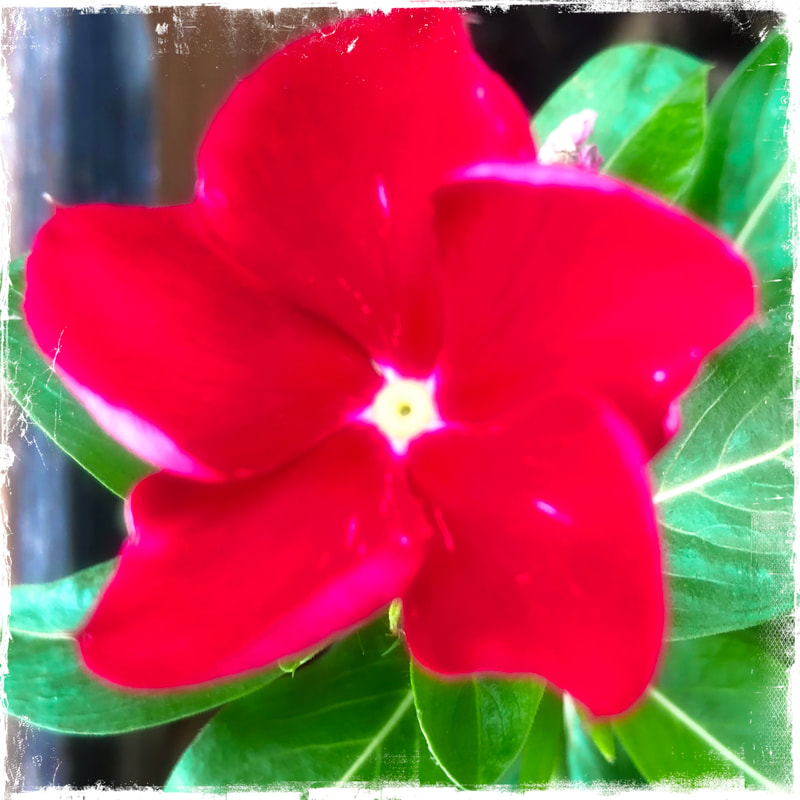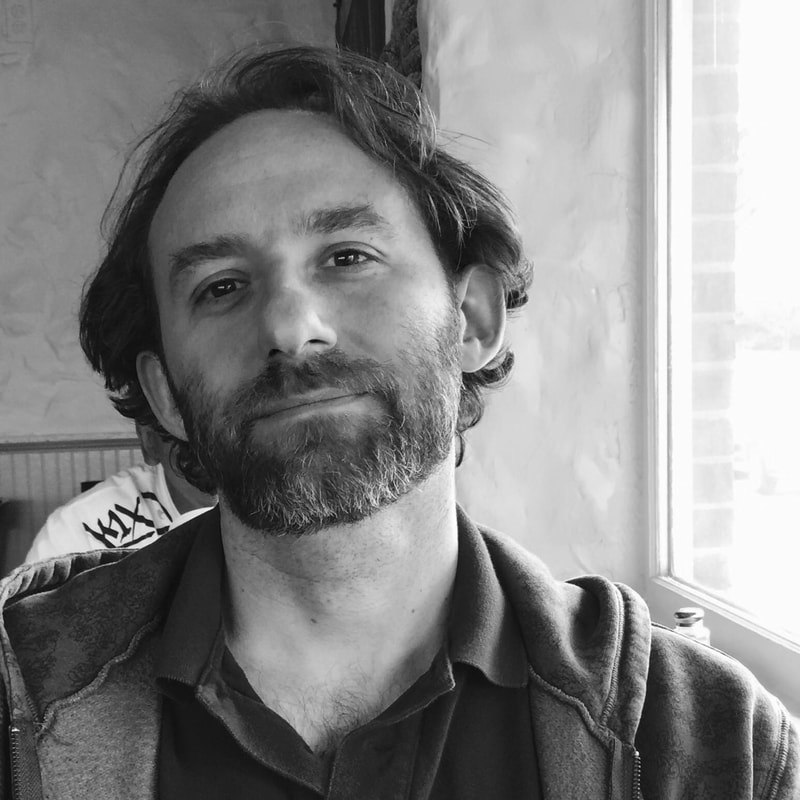ASSAY: A JOURNAL OF NONFICTION STUDIES
5.2
5.2
|
It was the morning before Louise’s memorial service. I’d been balanced on a fence between calm and overwhelm, trying to remain focused on an idea that had begun to emerge. I was preparing my coffee, avoiding the distractions of email and other job-related activities that, as Louise knew so well, daily threaten to shift our focus from life’s true essentials: family, friends, connection, understanding, healing, creative work.
I was thinking about the fact that, throughout her life, Louise had learned to make room for whatever experience happened—not only internally, or with her most beloved family and friends, but with the larger community of people who read her books and sought out her expertise and wisdom and, as a result, were profoundly changed. Louise recognized that transformation doesn’t happen by seeking comfort only, resting in fearful solitude, but by engaging “the person that you actually are,” as Reginald Ray puts it in Somatic Descent, “in all of your detail, all of your light and darkness,” by making “room for all of the experience” of your life, and by remaining open to—indeed, learning to welcome—“the natural transformation that is present in all experience.” Louise’s life became a shining example of the truth that if you make yourself the object of your own rigorous study, then profound and lasting growth becomes possible; and all of your loss and sorrow, insight and wisdom, become available to the world, through you, as a gift offered up to humanity. Louise’s life's work was the hard-won fruit of an unflinching woman, a writer who refused to look away, whose love and respect for people—and their stories—and for herself in all her vulnerability and strength, led her never to give up on telling the truth as she saw it, however controversial or dangerous. The result was an inspiring, incisive, courageous body of groundbreaking scholarship and memoir that will continue to help us face our demons, and heal, so that we may follow Louise’s example “to move ahead in spite of despair” (Rollo May’s definition of courage)—not only to live but, as much as possible, to thrive. I was reflecting on these ideas while preparing my coffee, and that’s when I noticed through the kitchen window a gray creature furrowing in the leaves behind a rose bush in the backyard. I wondered if it were a rabbit or a cat, but a squirrel emerged with a large nut in its mouth, then traced a circuitous path across our yard and driveway, searching for something—perhaps a place to hide its treasure. Nut in mouth, it crossed at various angles, jumped up against the fence, then onto an overturned wheelbarrow, back down and over to the corner where three lawn refuse bags lay against the gate, full of cut branches and leaves. The squirrel leapt onto the first bag, hopped inside the next, dug around for a few seconds, popped its head up, empty-mouthed, and scurried back down, across the driveway, treasure hidden, its morning work complete. The little squirrel couldn’t have realized that the brown paper bag, and the treasure it hid, would soon be carted away by powers of which it knew next to nothing. But in burying what it had found in that tenuous, all-too-temporary spot, the squirrel enacted a familiar drama; and it reminded me of something Louise knew so well that it guided her in ways I have only now begun to realize. It’s not what you hold onto, hide away, or take with you when you go; it’s what you discover and create and share and leave behind for others to find that counts. It’s the healing you enable; the connections, the contributions, the shared richness of life itself, spoken, written, represented, an offering to the future—to oneself, one’s loved ones, and the world. |
Continue Reading...
|
|

